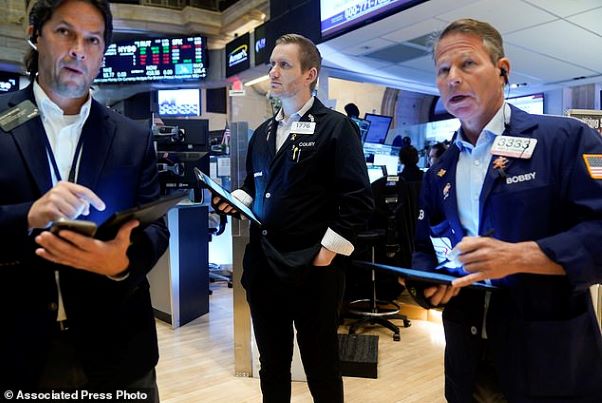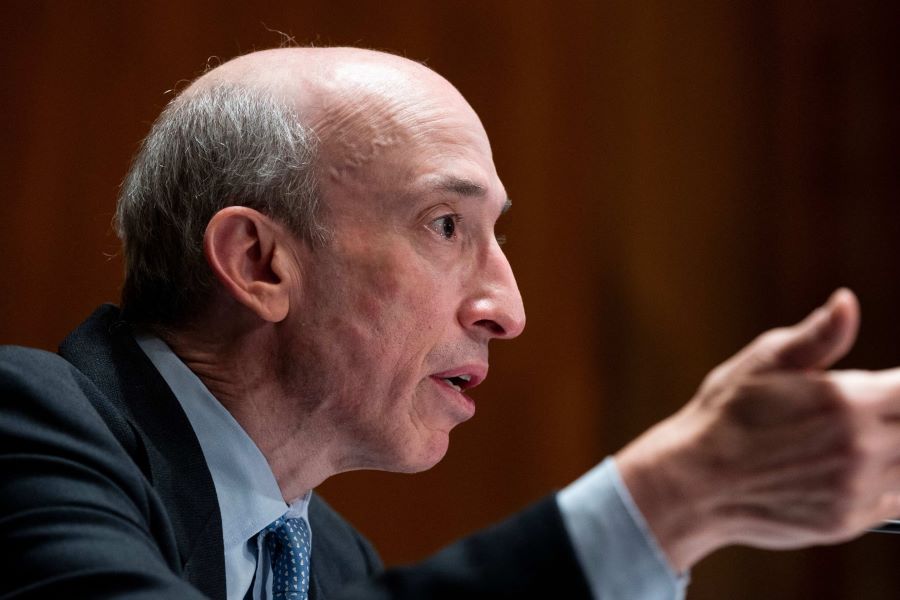In a significant move for financial markets, Wall Street is set to accelerate its trade settlement process. Thanks to advanced technology, trades will now close just one business day after agreement, a substantial improvement from the current two-day window.
Improving Market Infrastructure
Securities and Exchange Commission (SEC) Chair Gary Gensler championed this change to enhance market efficiency. Gensler has emphasized that the new rules “will make our market infrastructure more resilient, timely, and orderly.” His push for these changes reflects a broader effort to modernize the financial markets and reduce potential vulnerabilities.
Impact on Major Firms
The shift to a T+1 settlement period will bring notable adjustments for broker-dealers and other major Wall Street firms. These entities will need to adapt their operations to comply with the new timeline. However, for individual investors, the impact will be minimal in terms of how they invest or trade. The primary difference they will notice is a faster receipt of funds after selling stocks.
Understanding T+1
T+1, short for “Trade plus one day,” indicates the period it takes for a trade to settle after execution. Under the current T+2 regime, when someone sells a stock or other security, their account receives the proceeds on the second business day after the trade. Conversely, the buyer’s account receives the stock certificate simultaneously, according to The Economist report.
For example, if you sell a stock on Monday, you would receive your money by Wednesday. Under the new T+1 rules, selling on Monday means you get your money by Tuesday.

S&P 500 Lingers, Just Short of Brand-New Record
The S&P 500 closed just shy of an all-time high on Wednesday, capping off a remarkable year of market resurgence. The benchmark index…
Broader Application of T+1
The new T+1 rules will cover a wide range of securities, including stocks, bonds, municipal bonds, and exchange-traded funds (ETFs). Analysts anticipate that this broad application will enhance market efficiency and reduce the risk of trade failures resulting from one party failing to fulfill their obligations.
Historical Context and Technological Evolution
This transition is part of an ongoing evolution in trade settlements. Markets moved from a T+3 to a T+2 settlement period in 2017. Gensler has pointed out that U.S. Treasuries have operated under T+1 since 1986, and many options and derivatives, as well as mutual funds and certificates of deposit (CDs), already settle on a T+1 basis.
What It Means for Investors
For most investors, the transition to T+1 will be largely behind the scenes. The most noticeable change will be the quicker availability of funds after selling securities. This means investors will see the proceeds from their sales appear in their accounts one business day sooner than before. Increased efficiency and reduced risk in the settlement process are expected to benefit Wall Street firms.
Practical Considerations
One practical consideration involves delivering stock certificates. While the majority of these are now held electronically, anyone with a physical certificate will need to present it a day earlier under the new rules. This scenario is rare, as brokerages electronically manage most certificates.
The move to a T+1 settlement period represents a significant modernization of financial market operations. By leveraging advanced technology, this change aims to create a more efficient and resilient market infrastructure, benefiting both major firms and individual investors. As the new rules take effect, the quicker settlement process will likely become a seamless part of trading, providing faster access to funds and a more streamlined market experience.
Immerse yourself in the unparalleled informational experience of the Wall St Journal Newspaper for just $48 per month. Explore exclusive coverage, in-depth analysis, and access anytime, anywhere. Join the global community of opinion leaders and professionals. Experience the legacy of journalistic excellence firsthand.

